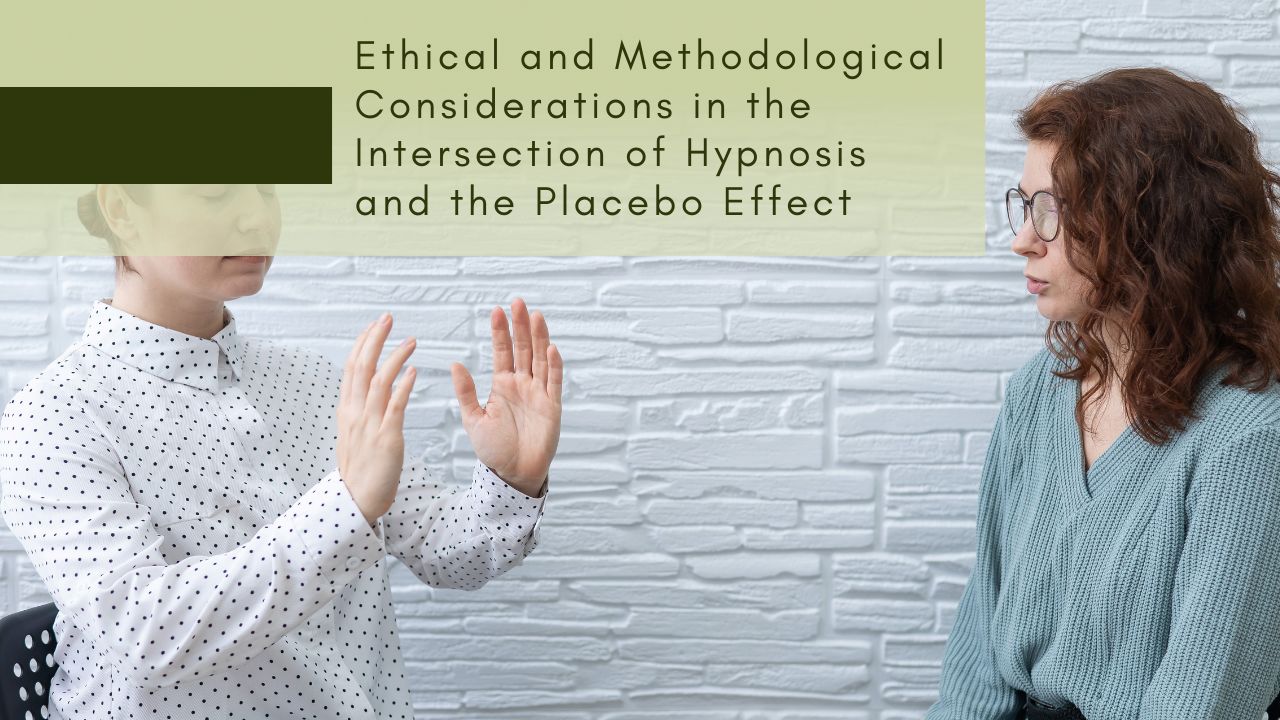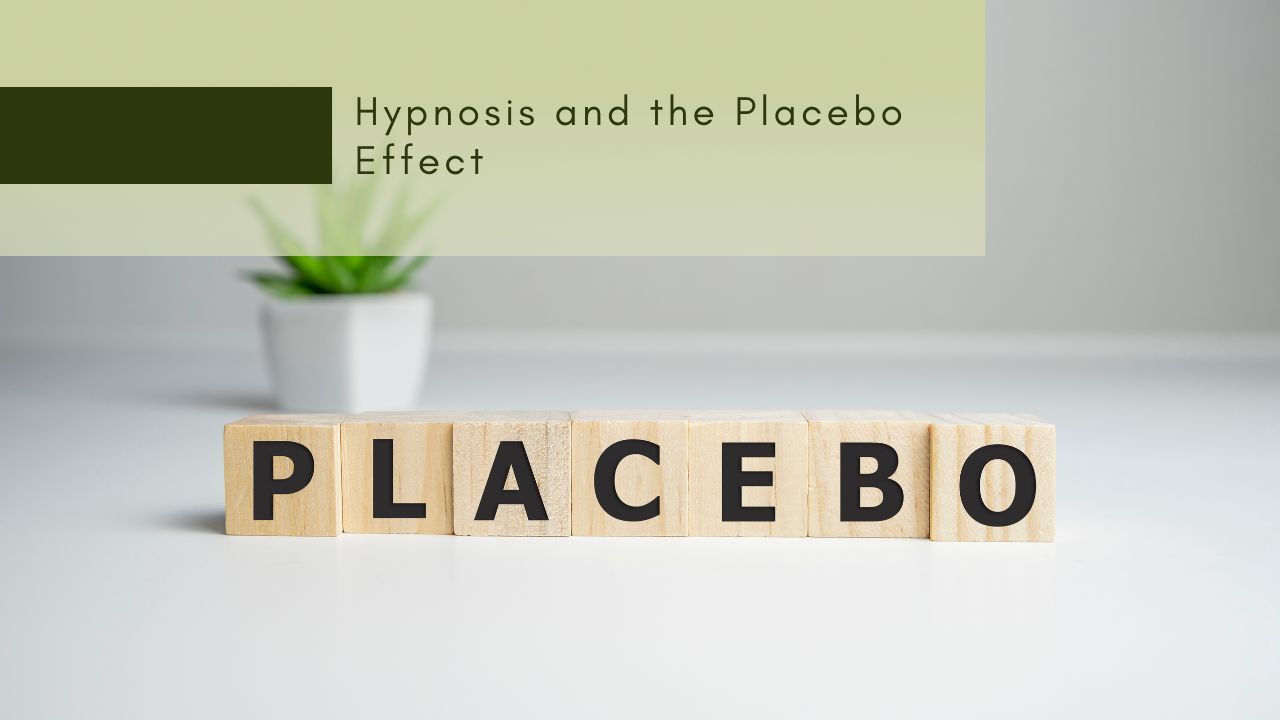How do researchers account for and control the placebo effect when studying the efficacy of hypnosis?
Controlling for the placebo effect is crucial in research on the efficacy of hypnosis to ensure that any observed effects are indeed due to the hypnotic intervention itself rather than placebo responses. Researchers employ several strategies to address and control for the placebo effect in hypnosis studies:
Use of control groups
Researchers often include control groups in their studies to compare the effects of hypnosis to those of a placebo or no-treatment condition. This allows them to determine whether any observed improvements are specific to hypnosis or merely due to placebo responses or other nonspecific factors.
Blinding
In some studies, researchers may use blinding techniques to prevent participants and sometimes even the experimenters from knowing whether they are receiving the hypnosis intervention or a placebo treatment. This helps minimize bias and prevent participants from responding to cues that might influence their perceptions or behaviors.
Placebo interventions
Researchers may administer placebo interventions that mimic the hypnotic induction procedure but lack the specific therapeutic suggestions associated with hypnosis. This allows them to isolate the effects of suggestion and trance-like states from other factors, such as relaxation or positive expectations.
Outcome measures
Researchers use objective outcome measures, such as physiological assessments or standardised psychological tests, to evaluate the effects of hypnosis. By using measures that are less susceptible to placebo responses, researchers can better assess the specific therapeutic benefits of hypnosis.
Randomisation
Random assignment of participants to different experimental conditions helps ensure that any observed differences between groups are not due to pre-existing differences in participant characteristics. Randomisation reduces the likelihood of bias and increases the internal validity of the study.
Controlled experimental conditions
Researchers carefully control experimental conditions, such as the treatment setting, therapist-client interactions, and instructions provided to participants, to minimise extraneous factors that could influence the placebo effect or the outcomes of hypnosis.
Long-term follow-up
Some studies include long-term follow-up assessments to evaluate the persistence of treatment effects beyond the immediate post-treatment period. By assessing outcomes over time, researchers can determine whether any observed improvements are sustained and whether they are likely to be due to specific therapeutic effects rather than placebo responses.
By employing these methodological strategies, researchers can systematically address and control for the placebo effect when studying the efficacy of hypnosis, allowing for a more accurate evaluation of its therapeutic benefits.
Are there ethical considerations or concerns related to the use of placebo effects or deception in hypnotherapy?
Yes, there are ethical considerations and concerns related to the use of placebo effects or deception in hypnotherapy, as in any form of therapy or research involving human participants. Ethical considerations include:
Informed consent
Clients have the right to be fully informed about the nature of the hypnotherapy treatment, including any potential placebo components or use of suggestion. It is essential to obtain informed consent from clients, explaining the purpose, procedures, risks, and benefits of the treatment, as well as any alternative options available to them.
Minimising harm
Therapists have a responsibility to minimize the risk of harm to clients, both physically and psychologically. The use of deception or misleading information in hypnotherapy should be carefully considered to ensure that it does not cause undue distress or confusion to clients.
Beneficence and nonmaleficence
Therapists must act in the best interests of their clients and avoid causing harm. While the placebo effect can sometimes enhance therapeutic outcomes, therapists should be cautious about using deceptive or misleading techniques that may undermine the client’s trust or autonomy.
Respect for autonomy
Clients have the right to make informed decisions about their own health and well-being. Therapists should respect the autonomy and self-determination of their clients, providing them with accurate information and empowering them to make choices that align with their values and preferences.
Transparency and honesty
Therapists should strive to maintain honesty and transparency in their interactions with clients. If placebo components are included in hypnotherapy, therapists should clearly communicate their purpose and limitations, avoiding any deceptive or manipulative practices that could undermine the therapeutic relationship.
Professional integrity
Therapists should adhere to ethical standards and professional guidelines in their practice of hypnotherapy. This includes maintaining competence in the use of hypnosis, respecting client confidentiality, and upholding principles of honesty, integrity, and respect for clients’ rights and dignity.
While the placebo effect and suggestion can be powerful therapeutic tools in hypnotherapy, it is essential to approach their use with ethical sensitivity and caution. Therapists should prioritise the well-being and autonomy of their clients, ensuring that any use of placebo effects or deception is guided by ethical principles and conducted in a manner that respects clients’ rights, values, and preferences.




